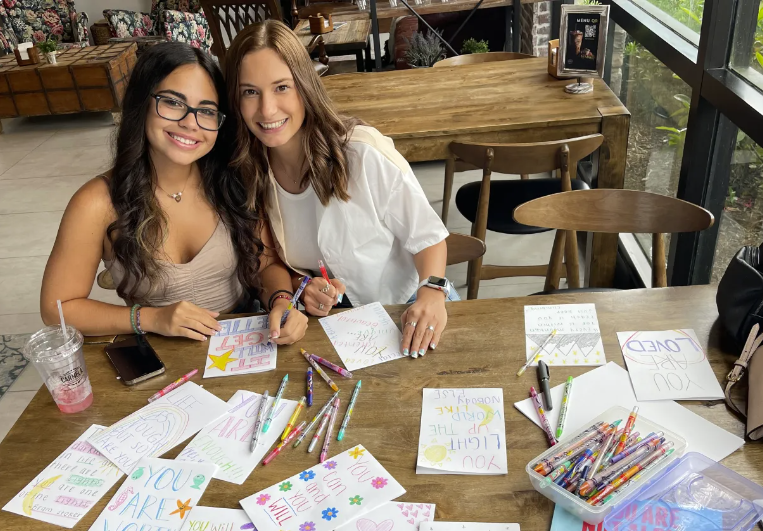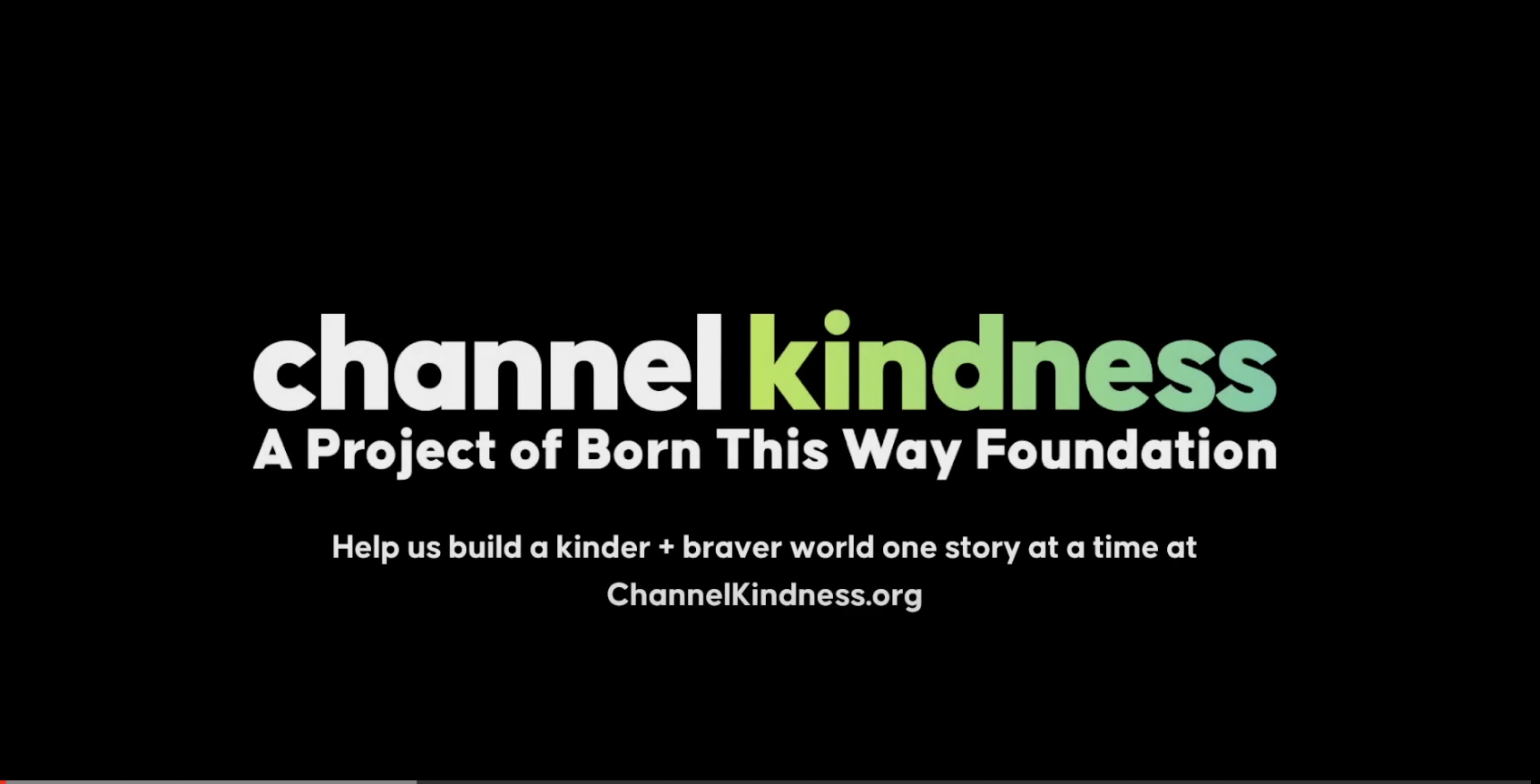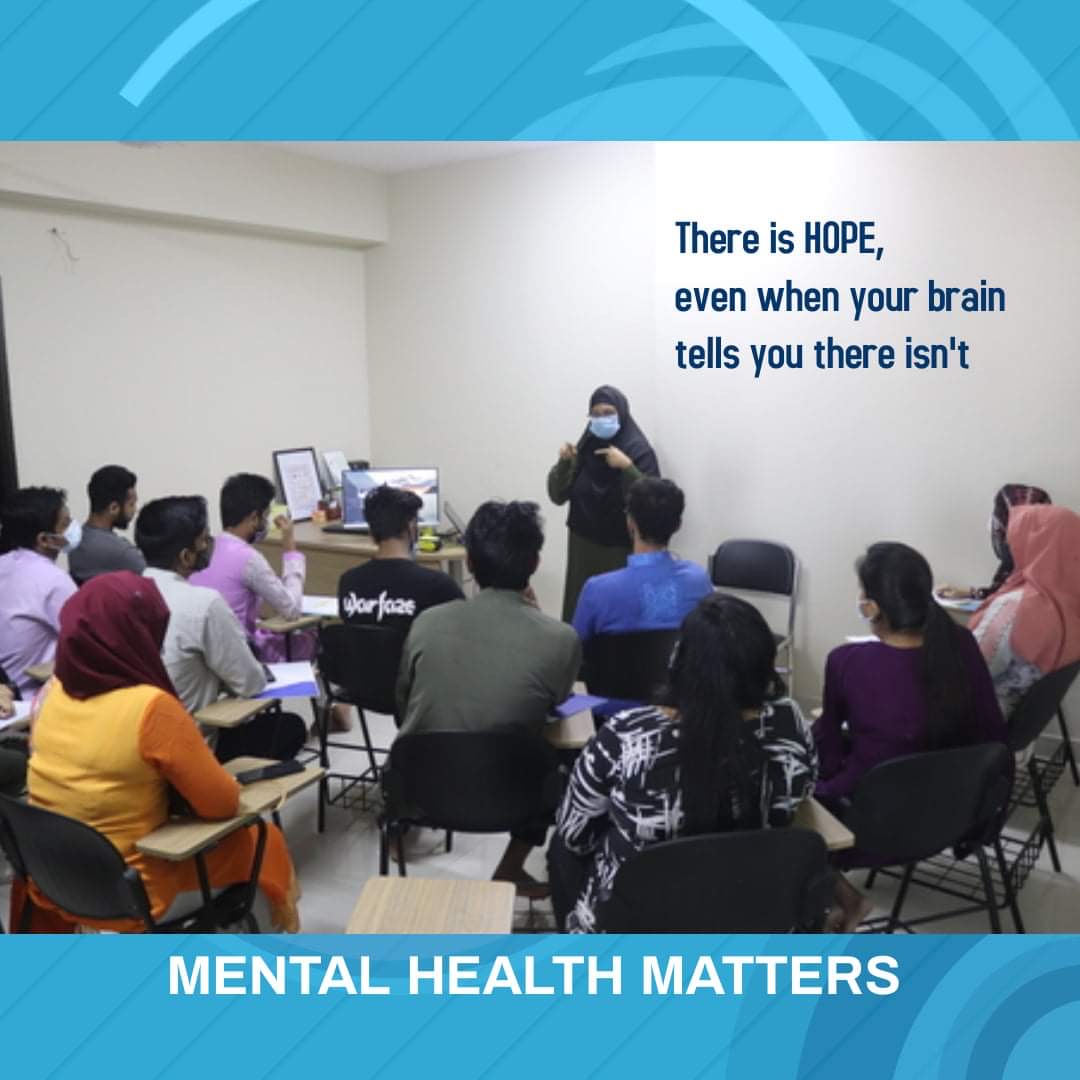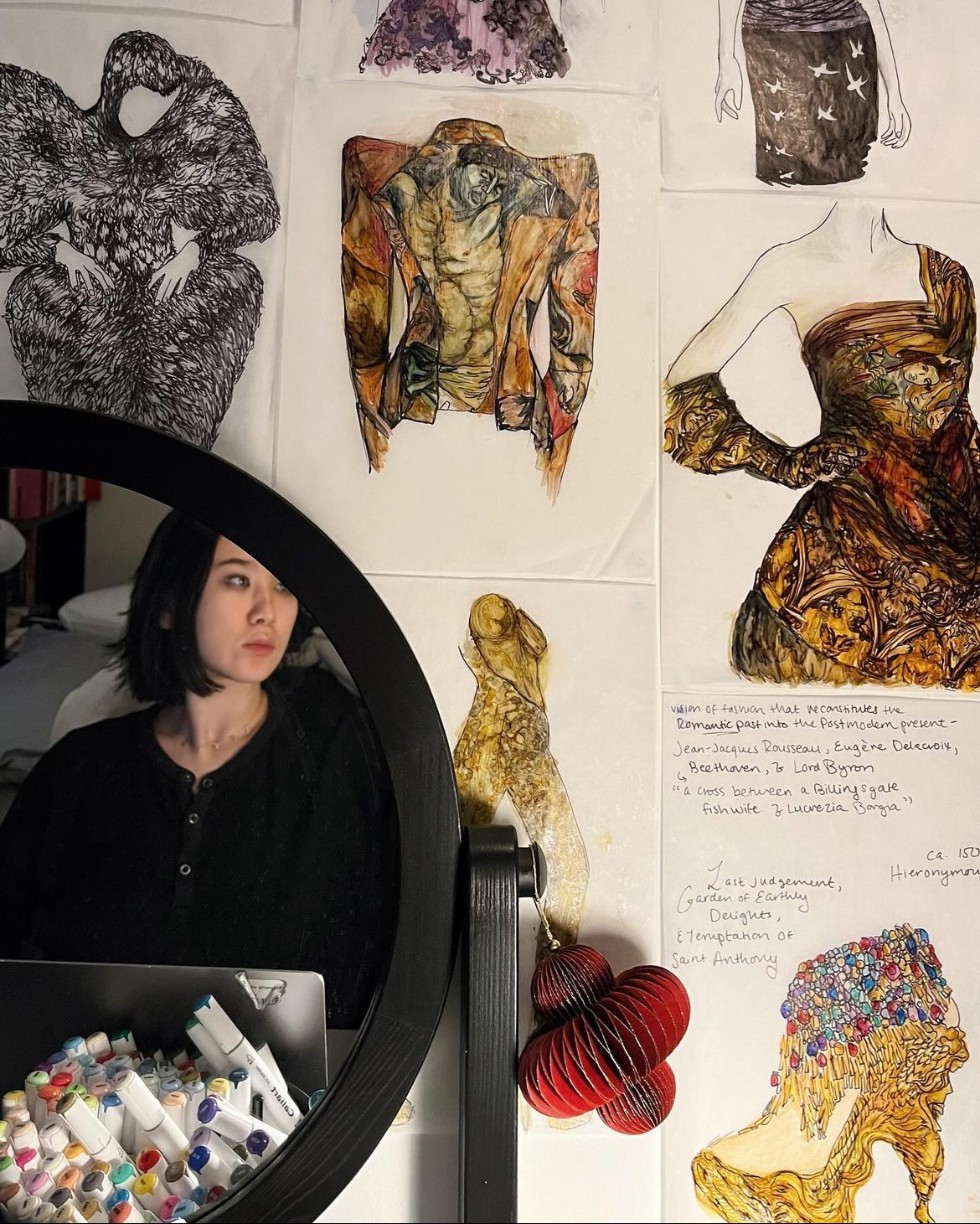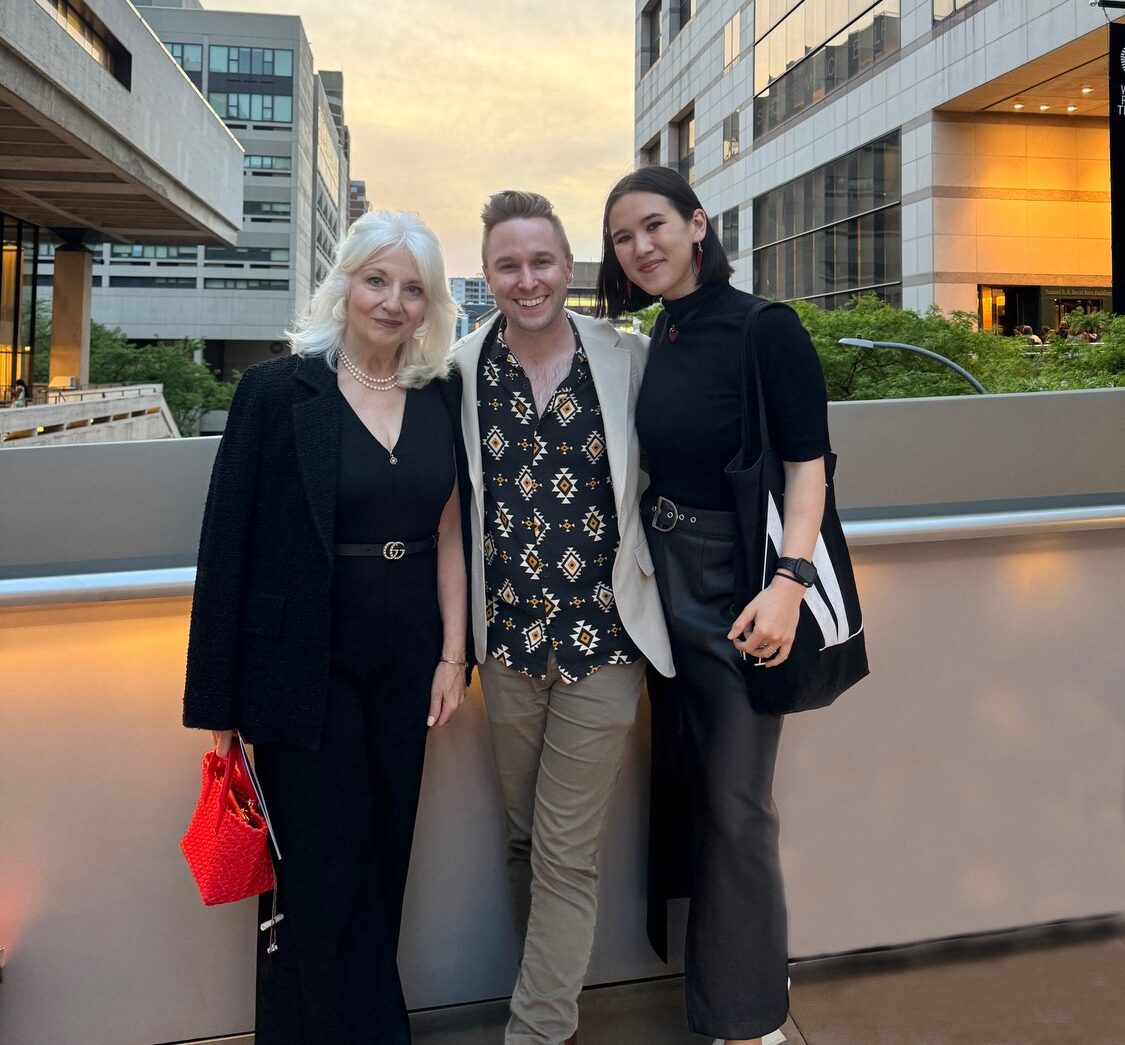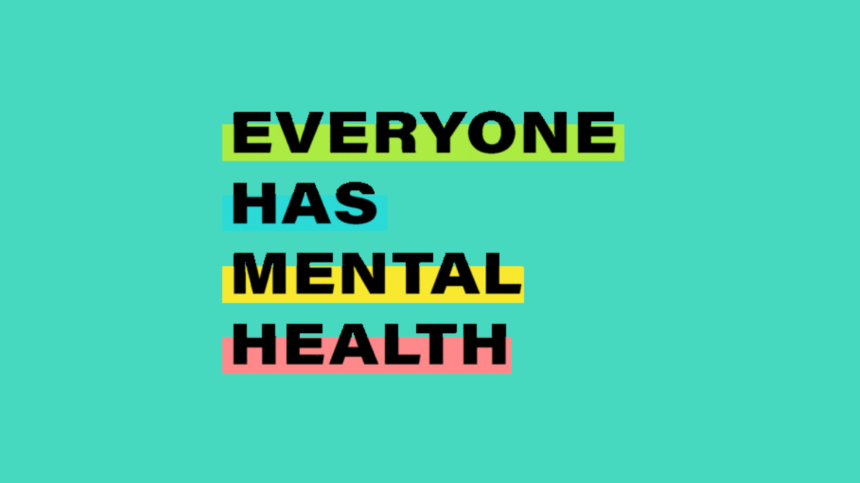
Each year, mental health conditions such as anxiety, in particular, affect 18% of adults aged 18 and over and 25% of youth between the ages of 13 and 18 living in the United States. Often, it seems easy to forget that if we are in a group of five people, it is likely that one of us have symptoms or feelings of anxiety within a given year. The reason? Mostly, perhaps, stigma behind discussing the raw and vulnerable emotions that come with anxiety. I, personally, often worry how I will be perceived if I tell a person I just met about my struggles with anxiety. Will they understand how hard it is to go grocery shopping some days? Due to questions like these, adults and youth are often silent about their struggles with mental health, and the numbers contained within the statistics seem difficult to imagine, due to lack of physical representation.
The numbers are real, though, with living, breathing and feeling human beings behind them. One of the biggest reasons why people are sometimes not honest about their struggles with anxiety or similar mental health conditions is that they fear losing their friends or family after being vulnerable about their emotions. I like to compare this to feeling uncomfortable. When we feel discomfort, either physically or mentally, we seek a way out of that discomfort. For example, if I am in bed and in a position that makes my side hurt, I am going to move my body to be more comfortable. Or, in a more relevant example, if I feel uncomfortable about meeting a new person that my friend wants to introduce me to, I might not go out to meet that person in the first place. This may lead to rifts in relationships, both personal and professional, and the ever-frightening aspect of discrimination.
We often hear about the discrimination that people living with mental health conditions might experience in professional settings, such as not receiving reasonable accommodations in their workspace. However, those living with mental health conditions such as anxiety might face exclusion, being shamed, or discrimination in their personal lives as well. Imagine this: your friend asks you to go to the movies. You want to – you really do – but your anxiety tells you that something bad might happen if you go, so you tell your friend no, thanks, and head to bed. The next week, the same friend asks you to go out to dinner and catch up. You want to – again, you really do – but your anxiety tells you that your friend might judge you for your lack of productivity these past few weeks, so you tell your friend no, thanks, and head to bed. These experiences repeat for months, and before long you might find yourself with no texts from that friend. They have assumed, wrongfully, that you are not interested in going out because you’ve said no so many times. What they don’t know, is that you are interested in going out, and certainly interested in maintaining a friendship with them, but that your anxiety can get the better of you from time to time. Due to this lack of knowledge, they have effectively removed you from their friend group, a form of what could seem like personal discrimination.
For a person living with anxiety, getting to the point of being able to say yes to plans can be a difficult but rewarding journey. Here are some tips on being kind, and overcoming the anxiety of making plans and rekindling stagnant friendships:
- Be honest with your friend about how you are feeling
- Suggest alternatives, such as a dinner at your apartment
- Remind your friend that you do miss them and want to maintain the relationship
- Practice mantras, such as, “I am more than my anxiety,” to feel comfortable
On the other side of events, having a friend that seems to be consistently avoiding your plans can feel difficult. Here are a few tips on maintaining connections with those friends, in kindness:
- Ask them directly if they are not interested in going
- Unless they have said that they don’t want you to keep contacting them, keep including them in your plans
- Reach out from time to time, just to say hi and check in on how they’re doing
- Know what makes your friend happy and what doesn’t, so that you can offer plans that they will feel comfortable with
- Be there for your friend, in any way you can be
Discrimination in friend groups can seem implicit at times, but can be very sinister. Being left out is often one of the last things that a person living with a mental health condition wants. Discrimination isn’t always professional, either: it can be personal, and to end personal discrimination it is important to be there for our struggling friends and for ourselves.










